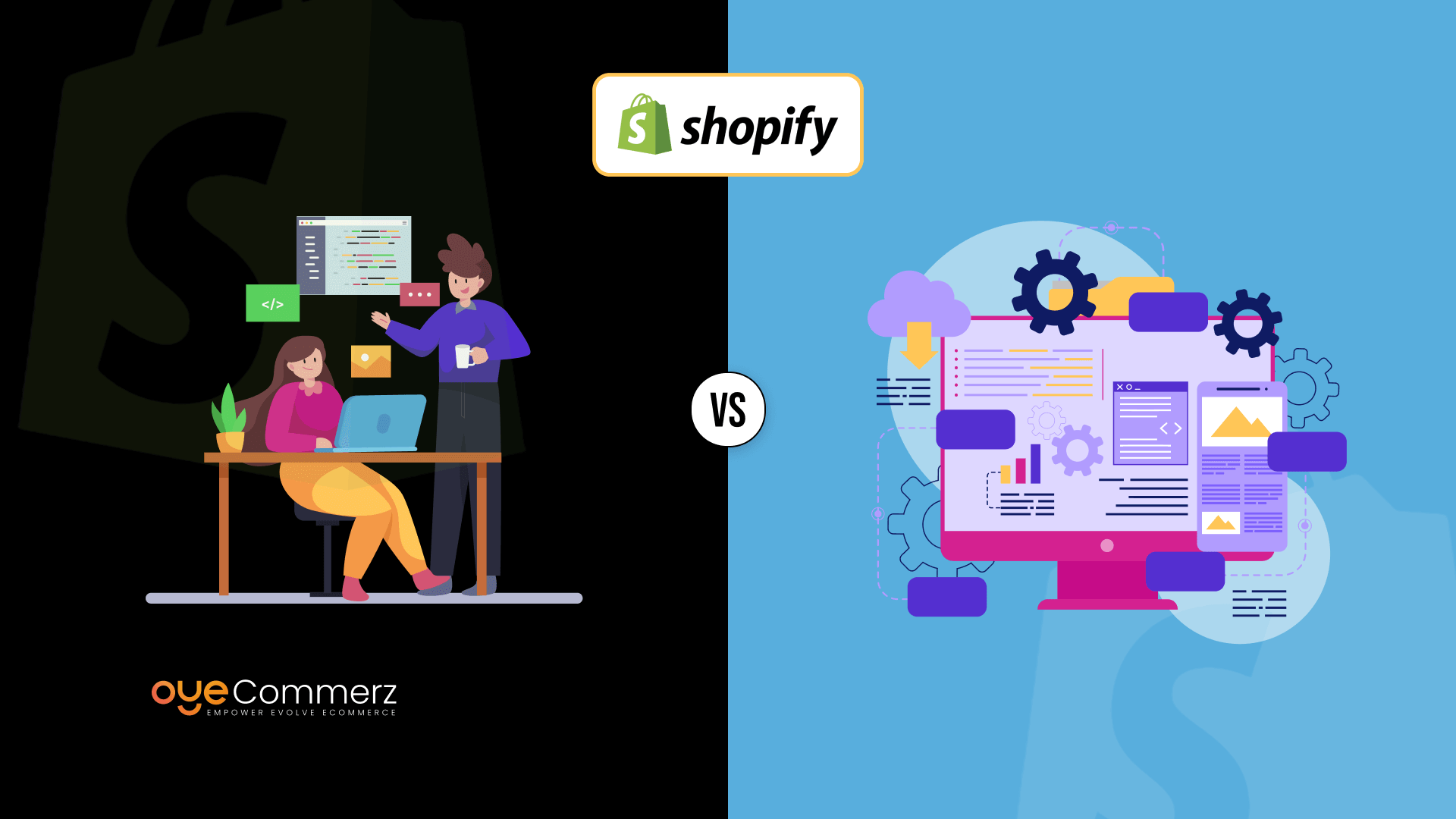Overview
In today’s competitive e-commerce landscape, standing out is essential, and one of the best ways to differentiate a Shopify store is through custom app development. A well-built Shopify app can enhance store functionality, simplify processes, and elevate customer interaction. This article delves into key aspects of Shopify app development, covering API integration and app ecosystem to growth techniques and promotion methods, offering a roadmap for businesses looking for superior store performance.
Why Shopify API Integration Matters
Shopify’s API provides powerful tools to customize and extend store functionalities. With the GraphQL and REST API options, developers can access data to build applications that handle inventory management, order handling, and customer information management seamlessly. Using Shopify’s API can lead to better workflow automation and allows stores to serve customers more effectively.
Adopting the Polaris Design System
Polaris is Shopify's set of design guidelines for creating intuitive and easy-to-use Shopify apps. By adhering to Polaris principles, developers ensure that apps seamlessly integrate within the Shopify Admin experience. This provides a cohesive look and feel that appeals to Shopify merchants, promoting usability and comfort for merchants using your tailored app.
Understanding the Shopify App Ecosystem
The Shopify app ecosystem offers endless possibilities for enhancing online stores. From managing fulfillment processes to increasing customer engagement, apps in this environment are designed to meet diverse business needs. Learning about this system assists developers in finding unique app opportunities and allows for smooth connections of third-party services that add value to the store.
Developing Embedded Shopify Apps
Embedded apps work seamlessly within the Shopify Admin, allowing a seamless experience for merchants. They ensure that merchants do not need to leave their Shopify control panel, simplifying their process. Using Shopify App Bridge and embedded app features is a best practice for providing a unified, integrated user environment.
Leveraging Node.js and React for Shopify Development
Node.js and React have become top options for Shopify app creation. This server-side framework enables high-performance back-end services, while React allows for interactive and adaptive front-end design. Together, they provide an strong platform for building fast, scalable Shopify apps that improve store performance and customer interaction.
Utilizing Webhooks in Shopify Development
Webhooks enable instant data synchronization between Shopify and an external app. They trigger events such as order creation or inventory updates and provide immediate notifications to your app. By implementing webhooks, apps can provide up-to-date information to store owners, simplifying processes and boosting productivity.
Customer Engagement and Digital Marketing for Shopify Apps
To make a Shopify app successful, engaging customers is crucial. Using digital marketing strategies like SEO, email marketing, and social media campaigns can increase app usage. Additionally, creating applications with customer interaction as a focus (e.g., loyalty programs or personalized suggestions) increases user retention and satisfaction.
Scaling Your Shopify App
As e-commerce businesses grow, so do their technology requirements. Making sure that your app can manage higher usage, larger databases, and more complex functionalities is essential. By optimizing server capacity and using scalable solutions, you can create apps that grow in tandem with a store’s success.
Important Features and Maintenance Tips for Shopify Apps
For an app to be effective, it should include key capabilities like user login, analytics dashboard, and support channels. Regular app upkeep, E-commerce customer loyalty tools with updates to fix bugs and compatibility checks with new Scaling for Shopify’s growth Shopify features, is important to maintain continuous operation and avoid interruptions to business processes.
Conclusion
Custom Shopify app development holds vast potential for e-commerce stores, providing the ability to enhance performance, streamline processes, and foster customer loyalty. With API integrations and Node.js to focusing on scalability and customer engagement, building a Shopify app involves careful planning and well-planned actions. If you’re prepared to elevate your e-commerce experience, a custom Shopify app could be the perfect solution. What capabilities do you envision for your ideal app? Share your ideas and begin the journey to an optimized e-commerce journey!
